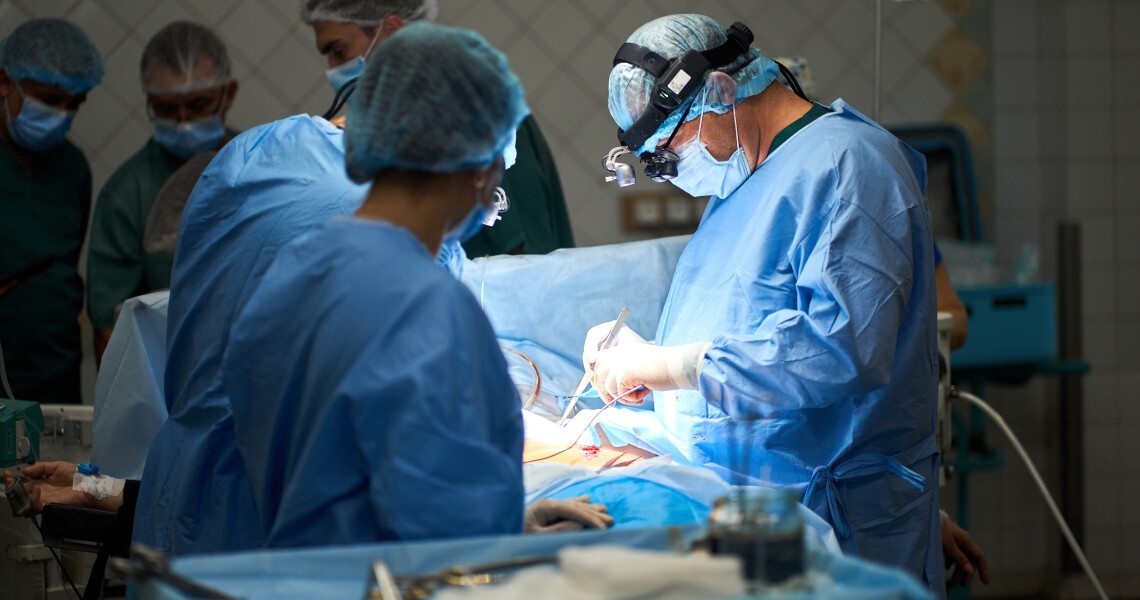
Heart transplantation is a serious and risky operation.
The patient will undergo many examinations and consultations to determine if their health condition will allow them to successfully accept a new organ, and whether heart transplantation is indeed the only correct choice in this case.
Undergoing examinations does not guarantee that the patient will receive a new heart.

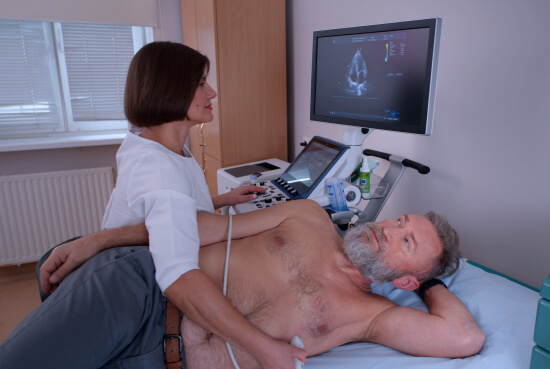

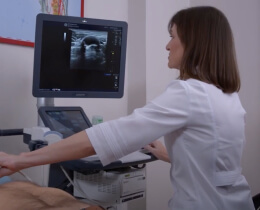
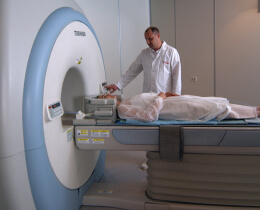
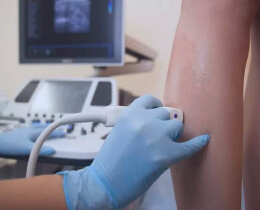

Women will need a gynecologist’s opinion and mammography, performed no later than 12 months ago.
In the case of diabetes, the patient must obtain an endocrinologist’s opinion indicating the compensation of the endocrine disease and the selected treatment regimen, as well as maintain constant monitoring of glycemic and thyrotropic panels.

If, based on the results of the examinations and the conclusions of the council, the patient meets all the requirements, they are added to the waiting list for a donor heart in the Unified State Information System of Transplantation (USIST).
Posthumous donation is practiced for heart transplantation.
Most donor hearts are removed from donors with legally confirmed brain death. This means that the brain damage is irreversible. Causes of brain death can include stroke, tumor, severe head trauma, etc.
As soon as clinical death is confirmed, and doctors understand that the person’s organs, including the heart, are in satisfactory condition and can save the lives of other people, they, along with a representative of the Ukrainian Center for Transplant Coordination, approach the relatives with a request for consent to organ transplantation.
If the relatives give their consent, the donor (the one who gives the organs) is immediately registered in USIST to find a suitable recipient (the new organ receiver).


The allocation of recipients on the waiting list in the Unified State Information System of Transplantation (USIST) is carried out based on priority (emergency status) according to the orders No. 1041 from June 17, 2022 and No. 1186 from July 8, 2022 of the Ministry of Health of Ukraine.
All donor hearts undergo selection through laboratory and instrumental examinations for the possibility of further transplantation. Donor hearts are not chosen based on gender, skin color, race, or culture.
Organ donation is a voluntary choice. Every adult capable person has the right at any time to give written consent or refusal for posthumous donation. Organ donations from deceased individuals often help families cope with grief.

The USIST system is fully autonomous; the selection of the donor and recipient occurs automatically based on set indicators, which cannot be influenced by doctors or anyone involved in the transplantation.
The heart can survive in an ischemic state (a state when it is not supplied with blood) for no more than 4 hours. Therefore, it is extremely important to perform the necessary manipulations to prepare the donor and recipient as quickly as possible.
For this reason, we recommend that the patient stays within a 4-hour drive from the Heart Institute while they are on the waiting list.
The transplant surgeon and transplant coordinator are available 24 hours a day, seven days a week, for the rapid organization of heart transplantation.
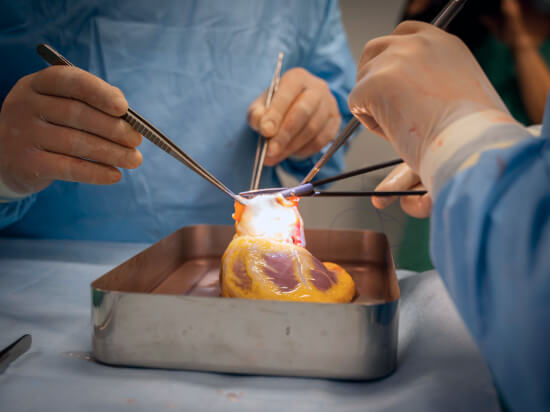
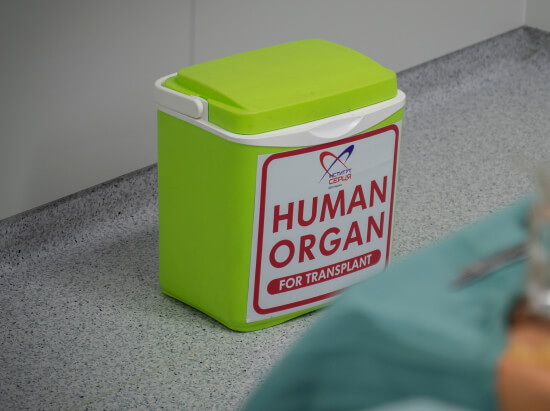
After the patient is notified of the possibility of transplantation, they will have 4 hours to get to the hospital.
Then, the patient must call the transplant surgeon and register at the hospital’s admissions department.
Important reminders:
The heart transplant operation is performed under general anesthesia. The patient will be asleep and will not feel pain throughout the surgical intervention.
The transplant surgeon first removes the diseased heart and replaces it with a healthy donor heart.
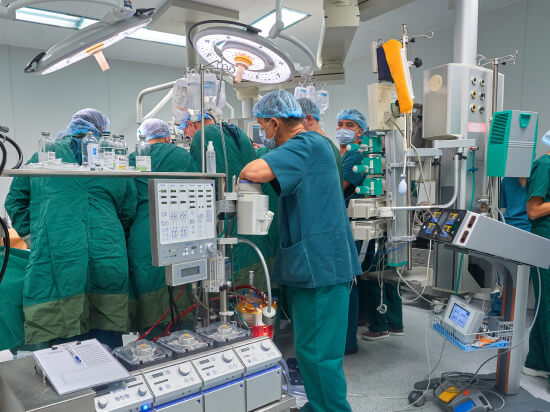
The heart transplant operation usually lasts from 4 to 8 hours.
After the operation, the patient will be in the intensive care unit under observation. Various equipment will be connected to them:
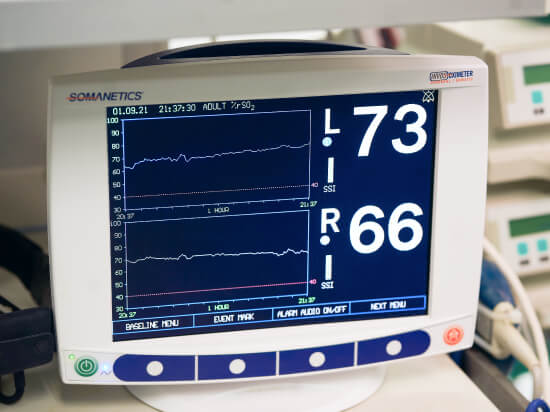
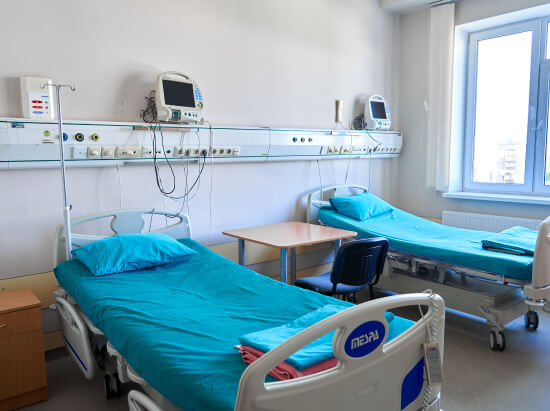
The patient will be transferred to a regular ward as soon as their condition stabilizes.
Patients usually stay in the hospital for 14-21 days after the operation, depending on the severity of the patient’s condition in the preoperative period and problems that arose during and after the operation.
The patient will be able to leave the hospital when the doctor ensures that it is safe for them. They will be discharged under the supervision of a cardiologist and a team of specialists at their place of residence.